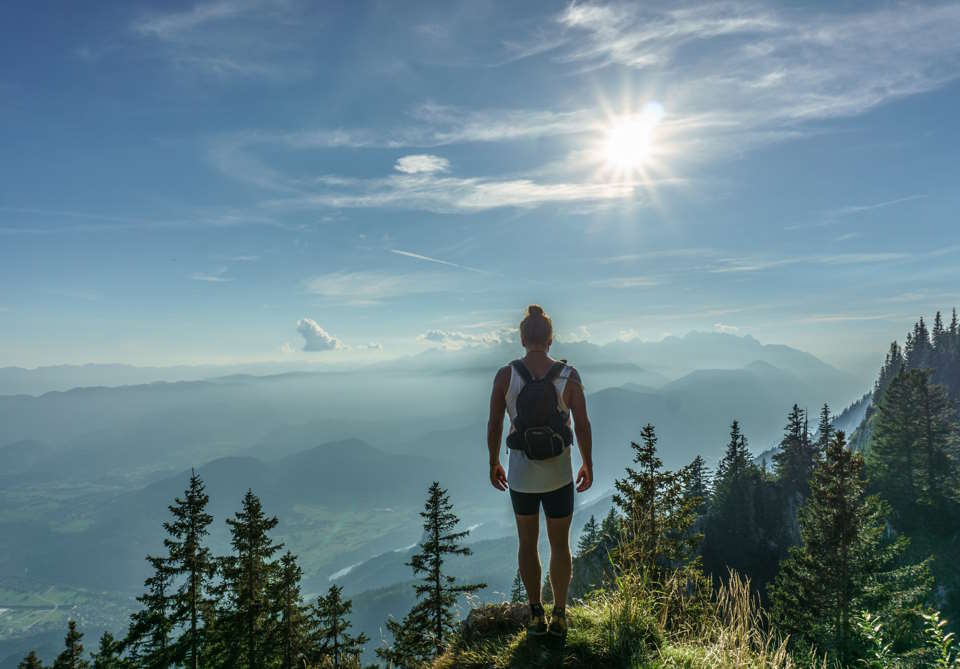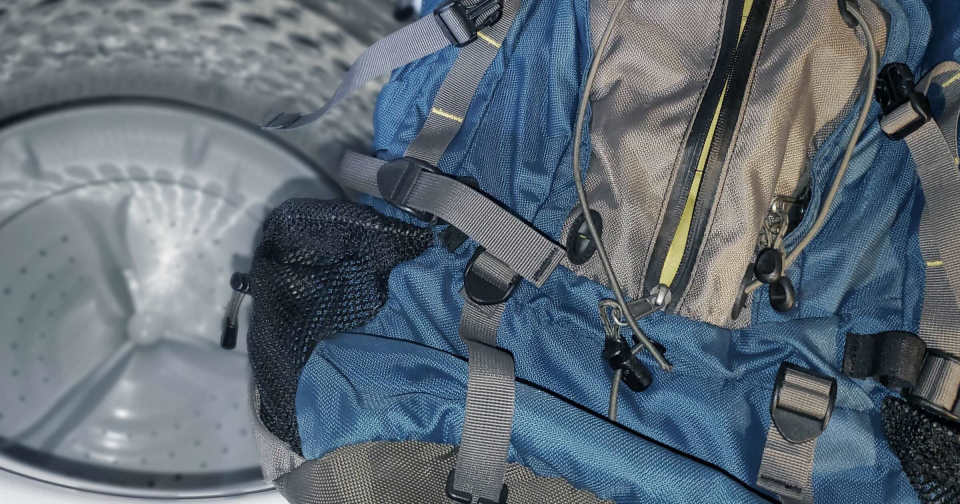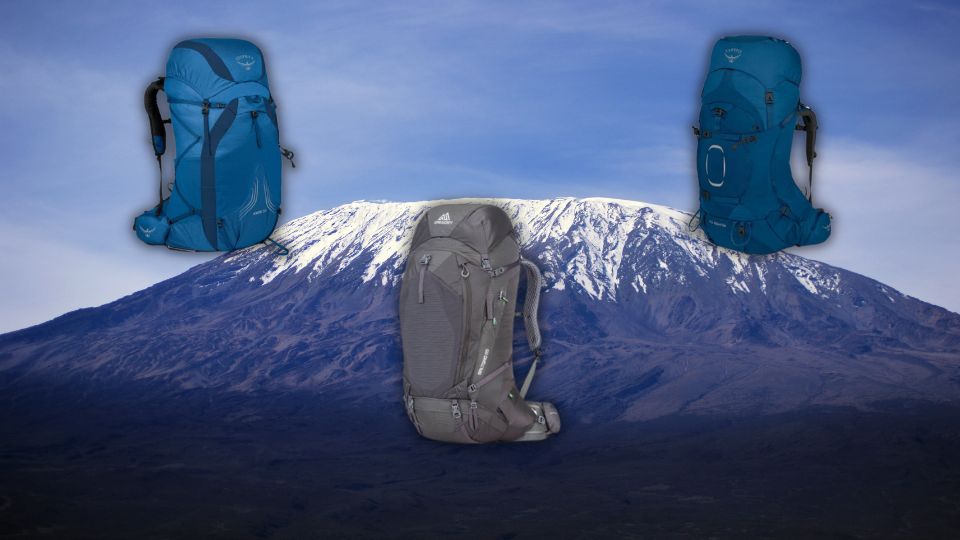If you’re considering taking on the challenge of hiking the Appalachian Trail, you’re probably wondering just how long it will take to complete this epic journey. In this blog post, we’ll take a closer look at the factors that can affect the time it takes to hike the trail, the typical duration for completing the entire trail, and even the fastest recorded completion time. We’ll also provide some tips for increasing your hiking speed and making the most of your Appalachian Trail adventure. Whether you’re a seasoned hiker or a novice looking for your next big outdoor adventure, this post will give you all the information you need to plan and prepare for your Appalachian Trail hike. So lace up your hiking boots and get ready to explore one of the most iconic trails in the United States!Plan your Appalachian Trail hike with expert tips on hiking speed and duration, including the fastest recorded completion time and factors af
Appalachian Trail Overview
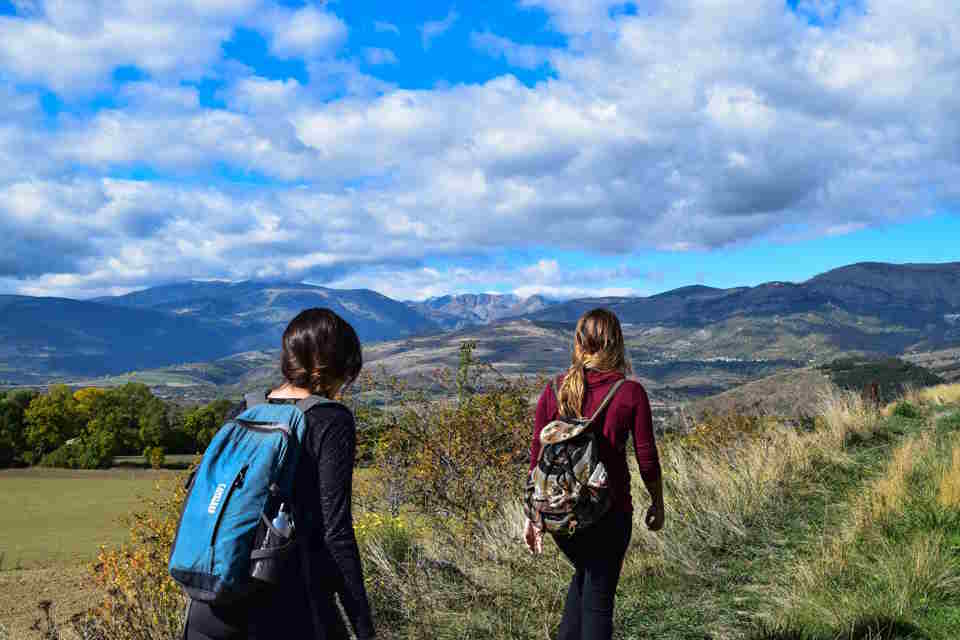
The Appalachian Trail is a 2,200 mile long footpath that extends from Georgia to Maine, making it one of the longest continuously marked footpaths in the world. It winds through 14 states, offering hikers diverse and breathtaking scenery along the way. The trail is well-known for its challenging terrain, including rocky paths, steep climbs, and unpredictable weather conditions, making it a popular destination for experienced hikers seeking a physical and mental challenge.
The Appalachian Trail is not only a haven for backpackers but is also home to a diverse range of wildlife, including black bears, white-tailed deer, and a variety of bird species. The trail passes through several national parks and forests, providing hikers with the opportunity to immerse themselves in the natural beauty and tranquility of the Appalachian Mountains.
One of the most alluring aspects of the Appalachian Trail is its rich history and tradition. Stretching back to the early 1920s, the trail has a long and colorful history, with countless hikers having embarked on the journey to test their physical endurance and mental fortitude. Many hikers undertake the challenge of hiking the entire trail, known as thru-hiking, while others opt for shorter sections to experience the unique beauty of different regions.
Overall, the Appalachian Trail offers hikers an unparalleled opportunity to connect with nature, challenge themselves physically and mentally, and experience the rich history and tradition of one of the most iconic hiking trails in the United States.
Factors Affecting Hiking Time
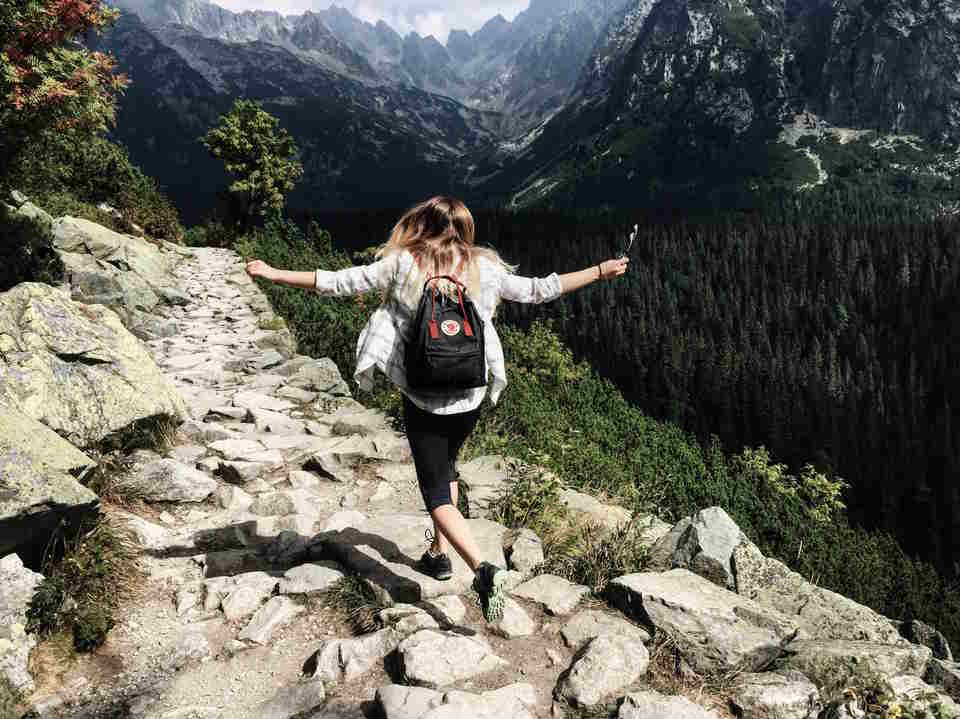
When planning a hike along the Appalachian Trail, it’s important to consider the various factors that can affect the amount of time it will take to complete the journey. One of the most significant factors is the terrain of the trail. Steep, rocky terrain will slow hikers down, while smooth, flat terrain will allow for faster progress.
Another factor to consider is the weather. Hiking in hot, humid conditions will require more frequent breaks and slower pace, while cooler, drier weather can result in faster hiking times. Similarly, heavy rain or snow can significantly slow hikers down, while clear skies and mild temperatures can lead to quicker progress.
Additionally, the physical fitness of the hiker will play a large role in determining how quickly they can complete the trail. A more fit hiker will be able to sustain a higher pace and cover more miles in a day, while a less fit hiker may need to take more frequent breaks and hike at a slower pace.
Finally, the weight of a hiker’s backpack can greatly impact their hiking time. A lighter pack will allow for faster progress, while a heavier pack will slow the hiker down. It’s important to pack only the essentials and keep the pack as light as possible to increase hiking speed.
Typical Hiking Duration
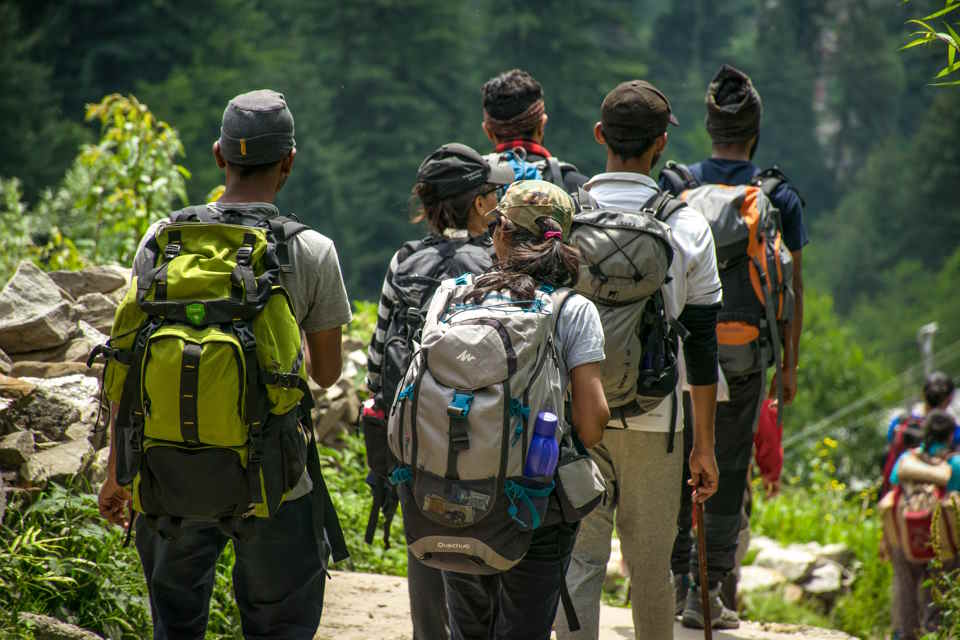
When planning a hike, it’s important to consider the typical duration for the trail you’ll be tackling. The typical hiking duration can vary greatly depending on the difficulty of the trail, as well as your own level of fitness and hiking experience. For a relatively easy trail with minimal elevation gain, the typical hiking duration may be anywhere from 1-3 hours for a leisurely stroll. On the other hand, a more strenuous hike with steep inclines and rough terrain could take 6-10 hours to complete.
It’s important to research the trail you plan to hike beforehand, as this will give you a better idea of what to expect in terms of typical hiking duration. Many hiking websites and trail guides provide estimated times for completing different sections of a trail, along with overall round-trip times. Keep in mind that these estimates are just that—estimates— and can vary widely depending on your own physical condition and pace.
For those new to hiking, it’s a good idea to start with shorter, easier trails and work your way up to more challenging hikes as your fitness and endurance improve. This can give you a better sense of your own capabilities and help you plan more accurately for the typical hiking duration of more difficult trails. Additionally, always allow for extra time in case of unexpected obstacles or changes in weather that could slow you down.
Ultimately, the typical hiking duration for any given trail will depend on a variety of factors, and should be taken as a rough estimate rather than a strict guideline. By doing your research and building up your hiking experience gradually, you’ll be better equipped to plan for and enjoy the unique challenges and rewards of each trail you tackle.
Fastest Recorded Completion Time

When it comes to completing the Appalachian Trail, there are some hikers who manage to set records with their incredible speed and endurance. The fastest recorded completion time for the entire 2,190-mile trail is an astounding 41 days, 7 hours, and 39 minutes. This unbelievable achievement was accomplished by Belgian ultrarunner Karel Sabbe in 2018.
Sabbe’s record-breaking journey on the Appalachian Trail included enduring challenging terrains, unpredictable weather conditions, and limited rest. His incredible feat required meticulous planning, physical preparation, and mental fortitude, making his accomplishment all the more impressive. In comparison to the typical hiker, who takes an average of five to seven months to complete the trail, Sabbe’s fastest recorded completion time is a testament to his unmatched athleticism and determination.
Setting the record for the fastest completion time on the Appalachian Trail is an extraordinary accomplishment that has solidified Karel Sabbe’s legacy as a trailblazer in the hiking and ultrarunning community. His remarkable achievement has paved the way for other hikers to push the boundaries of what is possible on the trail and serves as an inspiration for those who seek to challenge themselves in the pursuit of greatness.
While not every hiker aspires to break records on the trail, Sabbe’s incredible achievement serves as a reminder of the extraordinary capabilities of the human body and spirit. His fastest recorded completion time is a testament to the limitless potential of individuals who dare to dream big and push themselves beyond their perceived limitations.
Tips For Increasing Hiking Speed
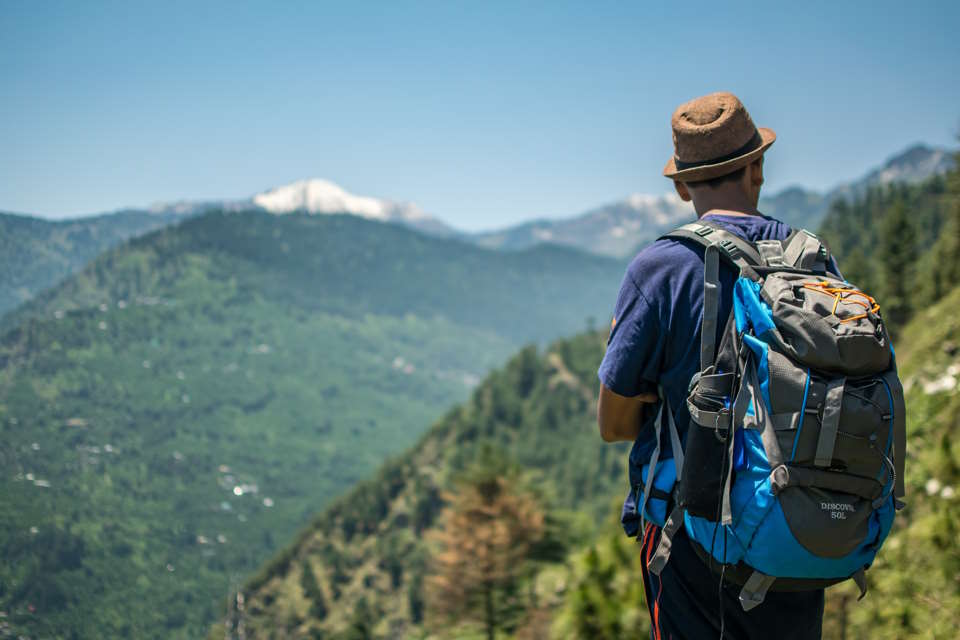
Increasing your hiking speed can be a great way to cover more ground and see more of the beautiful nature along the Appalachian Trail. There are a few key tips that can help you to hike faster and more comfortably. First, it’s important to maintain a consistent pace. Find a rhythm that works for you and stick to it. Avoid stopping and starting frequently, as this can slow you down. Second, be sure to wear the right gear. Invest in a good pair of lightweight, comfortable hiking shoes that will support your feet over long distances. Additionally, wearing moisture-wicking clothing can help you stay cool and dry, which can improve endurance and speed. Third, consider reducing the weight of your backpack. The less weight you have to carry, the easier it will be to maintain a faster pace. Finally, focus on your fitness level. Regular exercise can improve endurance, strength, and cardiovascular health, all of which can contribute to increased hiking speed.

